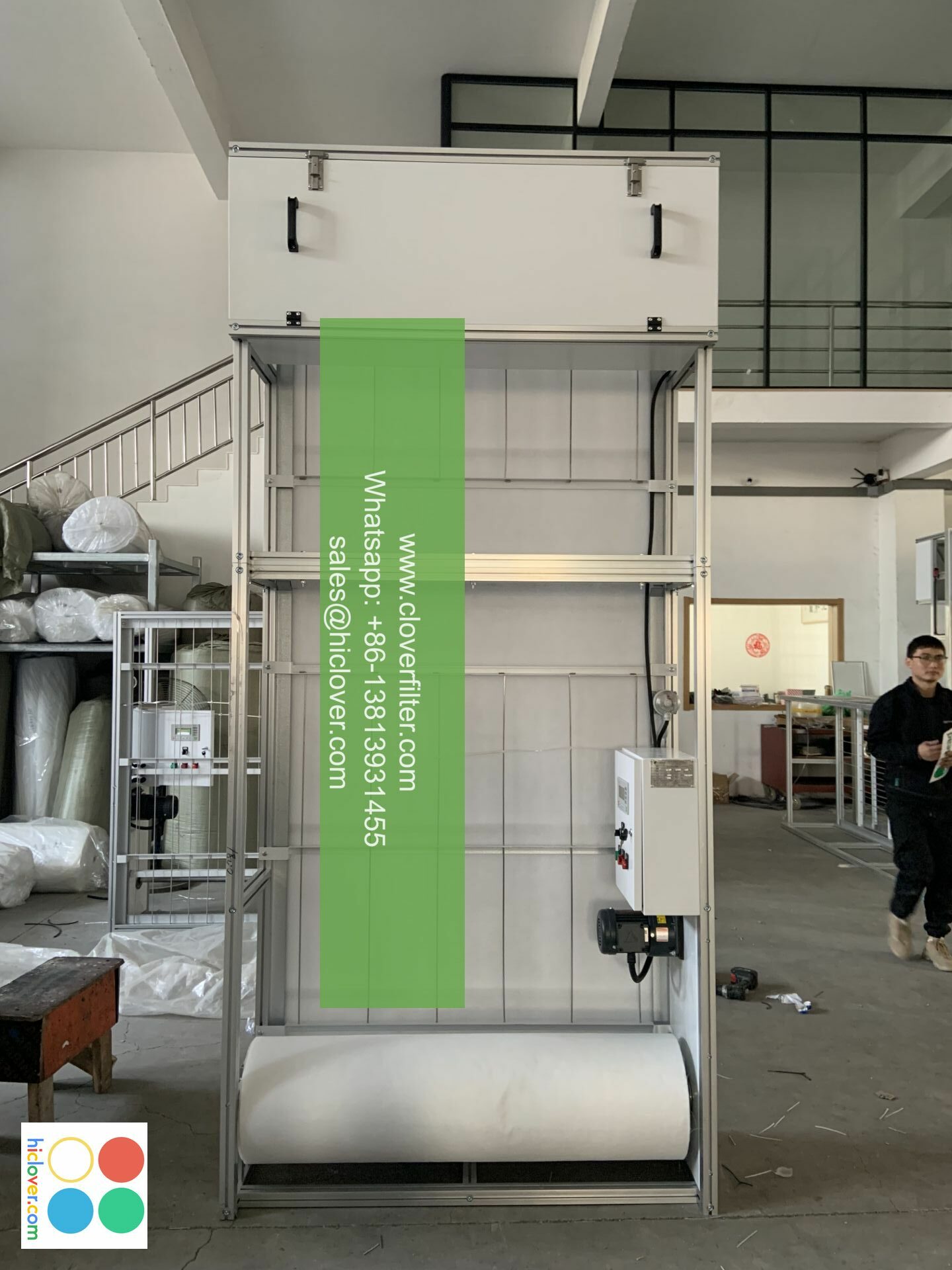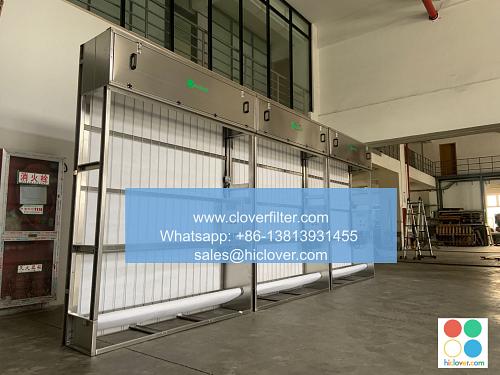Air filters vs. Ozone Generators: Which Do I Need To Choose?

When it comes to improving indoor air quality, two popular options are air filters and ozone generators. Both have their own unique benefits and drawbacks, and choosing the right one for your needs can be a daunting task. In this article, we will delve into the details of each option, exploring their advantages and disadvantages, and highlighting various application areas to help you make an informed decision.
What are Air Filters?
Air filters are designed to capture particulate matter, such as dust, pollen, and other airborne contaminants, from the air. They work by circulating the air through a filter medium, which traps the particles, improving the overall indoor air quality. Air filters are commonly used in home ventilation systems, air purifiers, and heating, ventilation, and air conditioning (HVAC) systems. They are an excellent choice for removing allergens, odors, and chemical pollutants from the air.
What are Ozone Generators?
Ozone generators, on the other hand, produce ozone gas (O3) to purify the air. Ozone is a powerful oxidizing agent that can eliminate bacteria, viruses, and other microorganisms from the air and surfaces. Ozone generators are often used in commercial applications, such as water treatment, food processing, and industrial cleaning. They are also used in residential settings to remove tobacco smoke, pet odors, and mold and mildew.
Air Filters vs. Ozone Generators: Key Differences
When deciding between air filters and ozone generators, it’s essential to consider the following key differences:
* Particle removal: Air filters are more effective at removing particulate matter, such as dust and pollen, while ozone generators are better suited for eliminating gaseous pollutants and microorganisms.
* Ozone safety: Ozone generators can produce high levels of ozone, which can be hazardous to human health if not used properly. Air filters, on the other hand, are generally safer and more straightforward to use.
* Application areas: Air filters are commonly used in home and commercial ventilation systems, while ozone generators are often used in industrial and commercial applications.
Choosing the Right Option for Your Needs
To choose between air filters and ozone generators, consider the following factors:
* Indoor air quality concerns: If! you’re concerned about removing particulate matter, allergens, and odors, an air filter may be the better choice. If you need to eliminate bacteria, viruses, and other microorganisms, an ozone generator may be more suitable.
* Application area: Consider the specific area where you plan to use the device. Air filters are commonly used in home and commercial ventilation systems, while ozone generators are often used in industrial and commercial applications.
* Safety and maintenance: If you’re concerned about safety and maintenance, air filters may be a better option. They are generally easier to use and maintain, and produce no hazardous byproducts.
Conclusion
In conclusion, both air filters and ozone generators have their own unique benefits and drawbacks. By understanding the advantages and disadvantages of each option and considering various application areas, you can make an informed decision about which device is best for your needs. Remember to prioritize indoor air quality, safety, and maintainability when choosing between air filters and ozone generators. Whether you’re looking to remove particulate matter, gaseous pollutants, or microorganisms, there’s a solution available to help you breathe easier and live healthier. It seems like you’re ready to start but haven’t provided a specific prompt yet. What would you like to talk about or ask? I’m here to help with information, answer questions, or even engage in a conversation if you’d like. Please go ahead and give me a topic or question to get us started!

